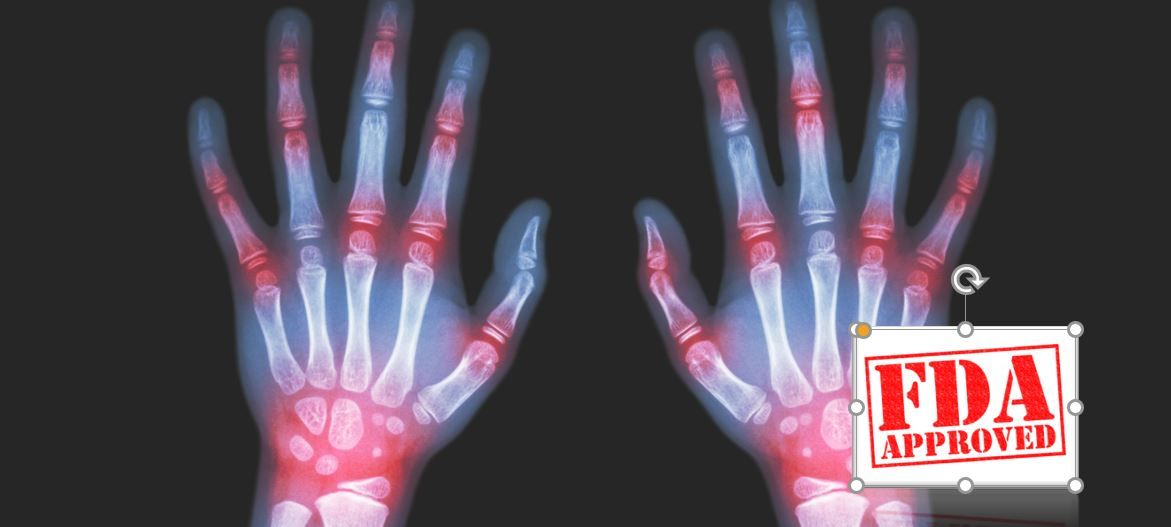Article
Tofacitinib Approved for Juvenile Arthritis
The U.S. Food and Drug Administration has approved tofacitinib Xeljanz, Pfizer) for the treatment of children and adolescents two years and older with active polyarticular course juvenile idiopathic arthritis (pcJIA).
(©PuwadolJaturawutthichai,ShutterStock)

The U.S. Food and Drug Administration has approved tofacitinib Xeljanz, Pfizer) for the treatment of children and adolescents two years and older with active polyarticular course juvenile idiopathic arthritis (pcJIA).
The FDA has approved both a tablet and oral solution. The treatment is the first, and currently, the only Janus kinase (JAK) inhibitor for pcJIA available in the United States.
“Polyarticular course juvenile idiopathic arthritis, or pcJIA, is debilitating as it can cause significant joint pain and limit participation in child appropriate activities,” said Dr. Hermine Brunner, director of the rheumatology at Cincinnati Children’s Hospital Medical Center. “Although there are already several advanced treatments available, tofacitinib will be an appealing new option given it does not require injections or infusions. These can be quite burdensome to both children with pcJIA and their caretakers."
The approval is based on data from a phase three study that included an 18-week open-label, run-in phase (including 225 patients). It was followed by a 26-week double-blind, placebo-controlled, randomized, withdrawal phase (including 173 patients) for 44 weeks. The study evaluated the efficacy and safety of tofacitinib taken as either a 5 mg tablet or as a 1 mg/mL oral solution twice daily based on the subject’s body weight (less than 40 kg for the oral solution) and/or patient preference.
The trial met its primary endpoint showing that in patients with pcJIA who achieved an ACR 30 response at the end of the run-in phase, the occurrence of disease flare in patients treated with tofacitinib (31 percent; n/N=27/88) was statistically significantly (p=0.0007) lower than patients treated with placebo (55 percent; n/N=47/85) at week 44. In this study, disease flare was defined as a 30 percent or more worsening in at least three of the six variables of the JIA ACR core set, with no more than one of the remaining JIA core response variables improving by 30 percent or more (outcome measures used in JIA clinical trials) after randomization.
In general, the types of adverse drug reactions in patients with pcJIA were consistent with those seen in adult rheumatoid arthritis (RA) patients.
The oral solution is anticipated to be available by the end of Q1 2021. XELJANZ 5 mg tablets are available immediately.




